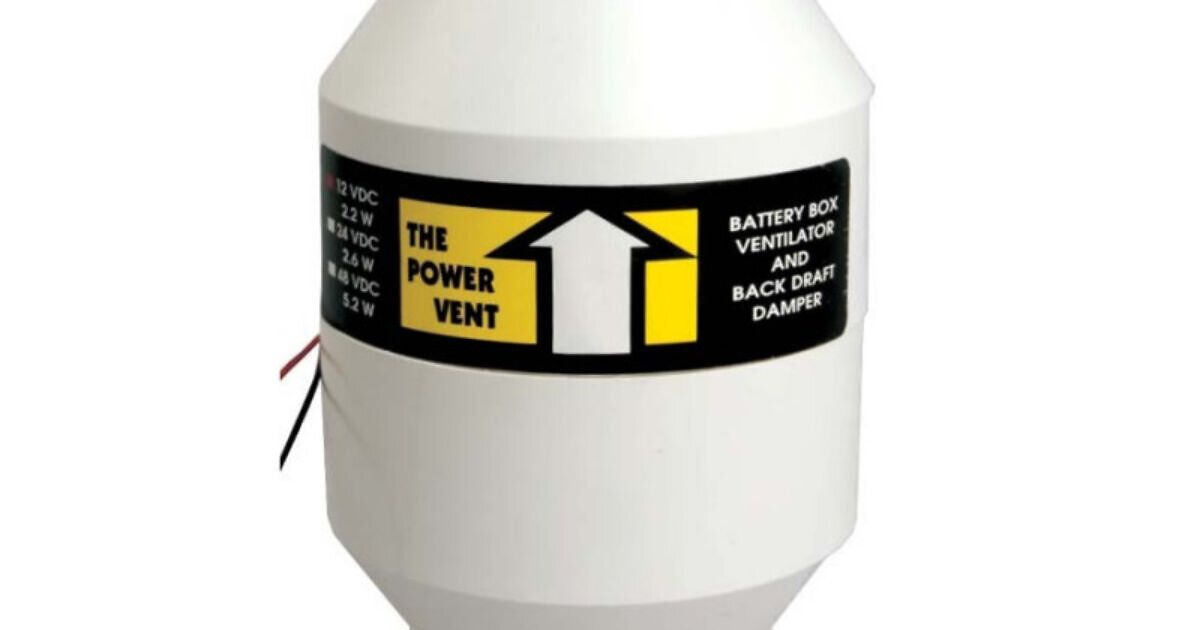Run 2" or 3" tube, always ascending, to vent the gas from the top of each bin.
OR
There is a company called Zephyrvent for PV battery arrays, with a 4" vent and brushless DC fan driven by the charge controller.
OR
There is a company called Zephyrvent for PV battery arrays, with a 4" vent and brushless DC fan driven by the charge controller.


Comment